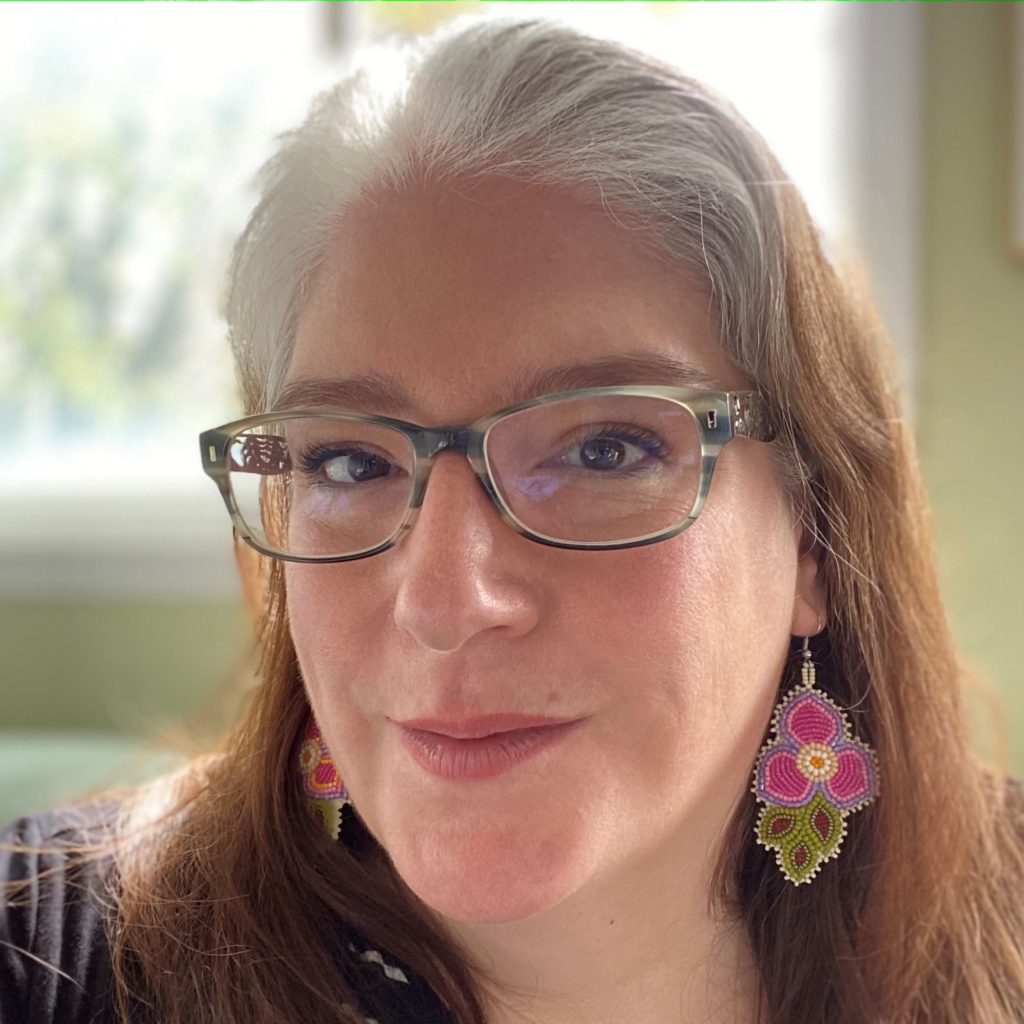Panelists
Lori Blondeau, Assistant Professor at the School of Art, University of Manitoba
Lori Blondeau is Cree/Saulteaux/Métis from Saskatchewan, Canada. Since the 1990s, Blondeau’s artistic practice in the fields of performance, photography and installation, along with her curatorial work and activities as co-founder and Executive Director of the Indigenous art collective TRIBE, has proved decisive to the ever-increasing centrality of Indigenous art and knowledge production in Canada. With her performances, which include Are You My Mother? (2000), Sisters (2002) and States of Grace (2007) and photographic work, including COSMOSQUAW (1996), Lonely Surfer Squaw (1997) and Asinîy Iskwew (2016), Blondeau’s practice, both as a solo artist and in collaboration with fellow Visual artistsdemonstrates a clarity of focus which is remarkable for its precision, humour and strength. Her photographic and installation work has been exhibited in group and solo exhibitions. Her performance pieces have been showcased at Nuit Blanche (Saskatoon and Winnipeg), VIVO (Vancouver), Art Gallery of Ontario (Toronto) and the 2007 Venice Biennial. Blondeau has participated in panel discussions and given lectures at the AGO, the University of Saskatchewan (Saskatoon), the IAIA Museum of Contemporary Native Arts (Santa Fe) and the 2020 Sydney Biennale. Since 2018, Blondeau is an Assistant Professor of Indigenous Art at the University of Manitoba School of Art.. Blondeau was a recipient of the 2021 Governor General’s Award in Visual and Media Arts.
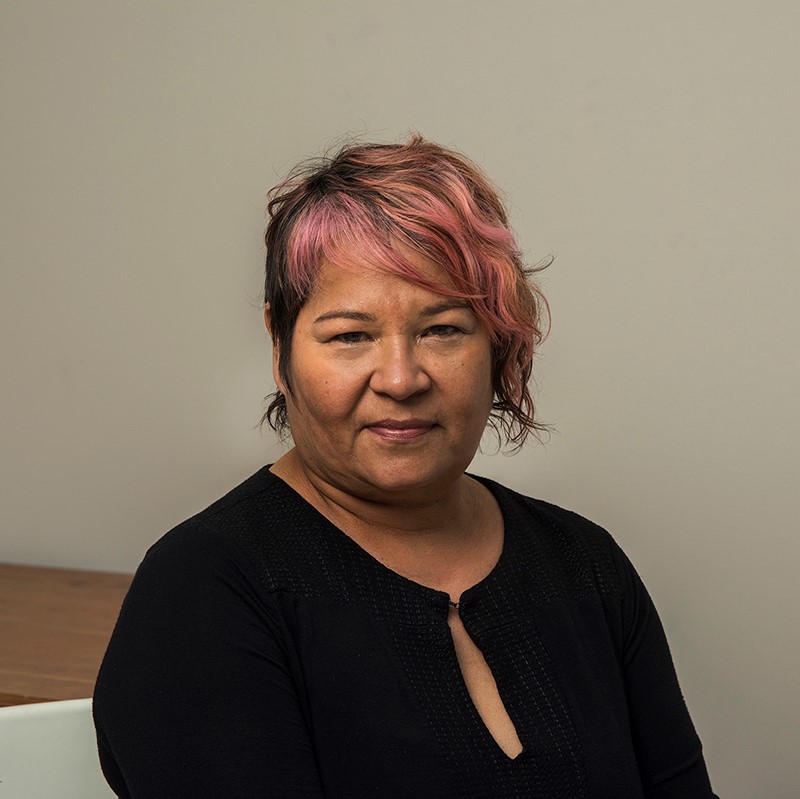
Carla Rippey, (she/her) Visual artist
Carla Rippey is an American-born visual artist (Kansas, 1950) based in Mexico City. Her work seeks to expand the margins of drawing and graphics, applying strategies of appropriation, selection and edition. She was educated in Nebraska, La Sorbonne, Paris, The State University of New York and the University of Chile in Santiago. She was active in the feminist movement in Boston and in the Chilean left from 1969 de 1973 and has lived in Mexico since 1973. In the 70s she took part in founding the Infrarrealist literary movement and participated in the Mexican artists’ movement “Los grupos” with the artists’ collective Peyote and the Company. She has exhibited extensively in Mexico, Asia, Europe and the Americas. She was director of the national art school ENPEG “La Esmeralda” in Mexico City from 2013 to 2017 and currently edits the blog https://mujeresartistasenred.blogspot.com/.
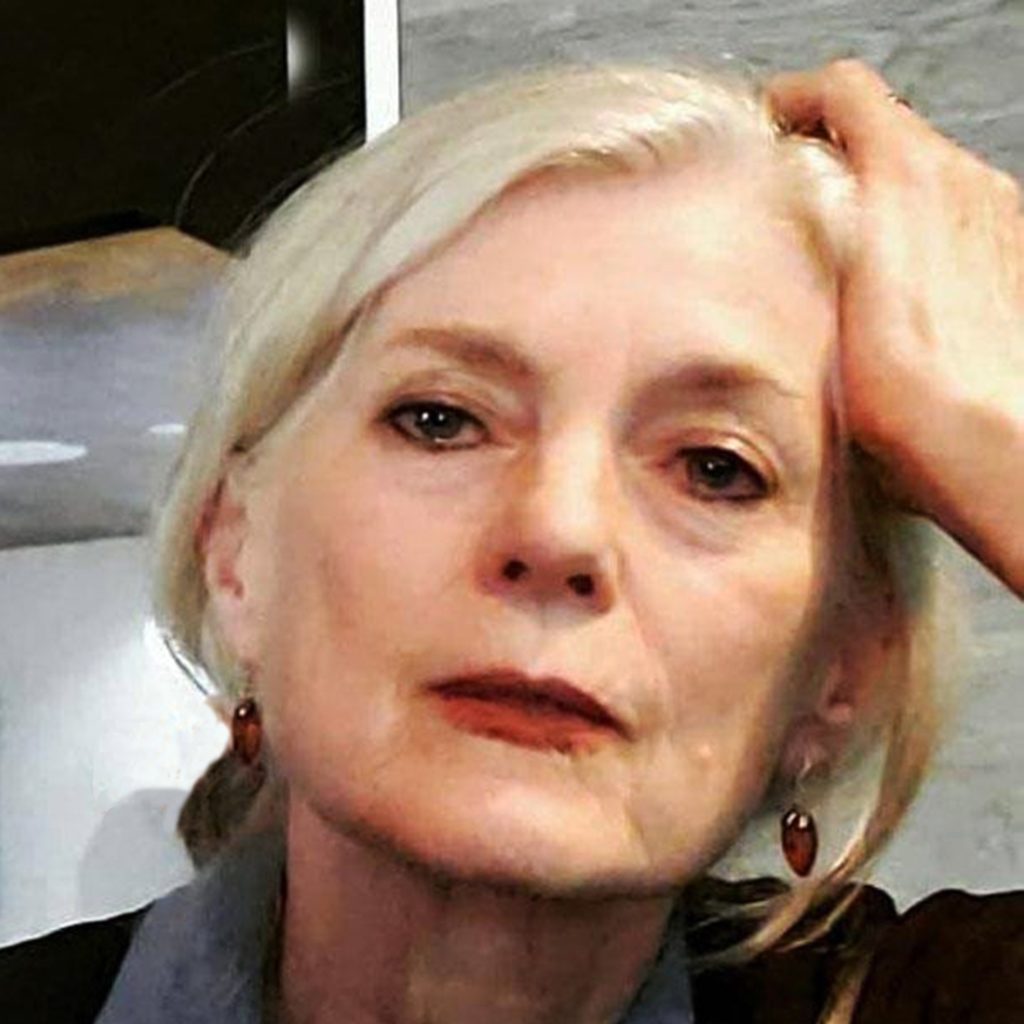
Jeff Thomas, (he/him) Curator and photographer
Jeff Thomas is an independent curator and photographer who employs his own history and identity to address issues of Indigeneity that have arisen at the intersections of Native and non-Native cultures in what is now Ontario and northern New York state. Nationally recognized for ground-breaking scholarship and innovative curatorial practice in this area, he has been involved in major projects at such prominent cultural institutions in Canada as the Canadian Museum of Civilization, the Woodlands Cultural Centre, the Art Gallery of Ontario, and Library and Archives Canada. His most recent body of artwork uses the wampum belt as a template. He understands his practice as a bridge-builder, addressing the urban world, museums and archives, and Indigeneity as a place in need of diplomacy.
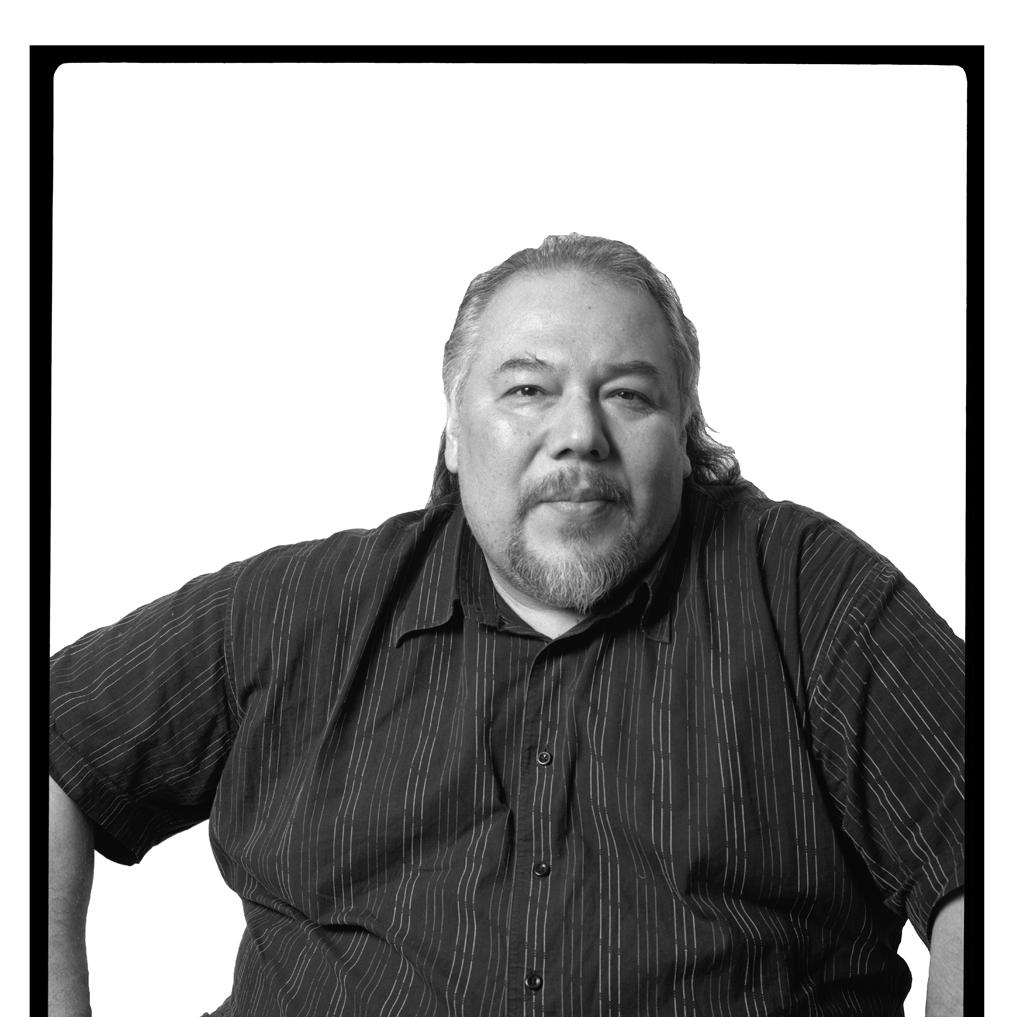
Moderators
Sarah E.K. Smith, (she/her) Assistant Professor, Faculty of Information and Media Studies, Western University
Sarah Smith is Assistant Professor in the Faculty of Information and Media Studies at Western University in London, Ontario, Canada. Her research and curatorial projects address visual and material culture, with a focus on modern and contemporary art, as well as exhibitions, museums, and cultural policies. Current projects encompass topics from contemporary video art and artists’ labour unions to the international circulation of exhibitions, curatorial networks, and cultural diplomacy. In 2015, Sarah was the Fulbright Visiting Research Chair in Public Diplomacy at the University of Southern California. Additionally, she has held a Postdoctoral Fellowship with the Transnational Studies Initiative at Harvard University’s Weatherhead Center for International Affairs, and a Banting Postdoctoral Fellowship in the Department of English and Film Studies at the University of Alberta.
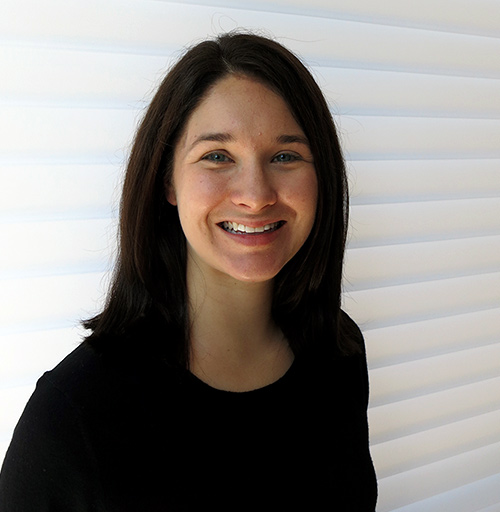
Linda Grussani, (Algonquin Anishinabekwe, Kitigan Zibi Anishinabeg), PhD. Candidate, Cultural Studies, Queen’s University
Linda Grussani (Kitigan Zibi Anishinabeg/Italian ancestry) is a curator and art historian born and raised on unceded Anishinàbeg Akì in the Ottawa area. Grussani has spent two decades working to change the colonial structure from within by advancing the presence and representation of Indigenous Peoples in settler-colonial cultural structures of the Canadian-nation state imposed on Anishinàbe Akì. Grussani has held the positions of Curator, Aboriginal Art at the Canadian Museum of History (CMH) and Director, Indigenous Art Centre for Crown-Indigenous Relations and Northern Affairs Canada (CIRNAC). She has also worked in the Indigenous art department at the National Gallery of Canada. Grussani currently sits on the Inuit Art Foundation’s Board of Directors, the Indigenous Education Council for OCAD University, and the Indigenous Collections Symposium Working Group for the Ontario Museums Association. Grussani is currently a doctoral candidate in the Cultural Studies program at Queen’s University, Chair of the Indigenous Archives Gathering Steering Committee for Archive/Counter-Archive, and a member of the North American Cultural Diplomacy Initiative
